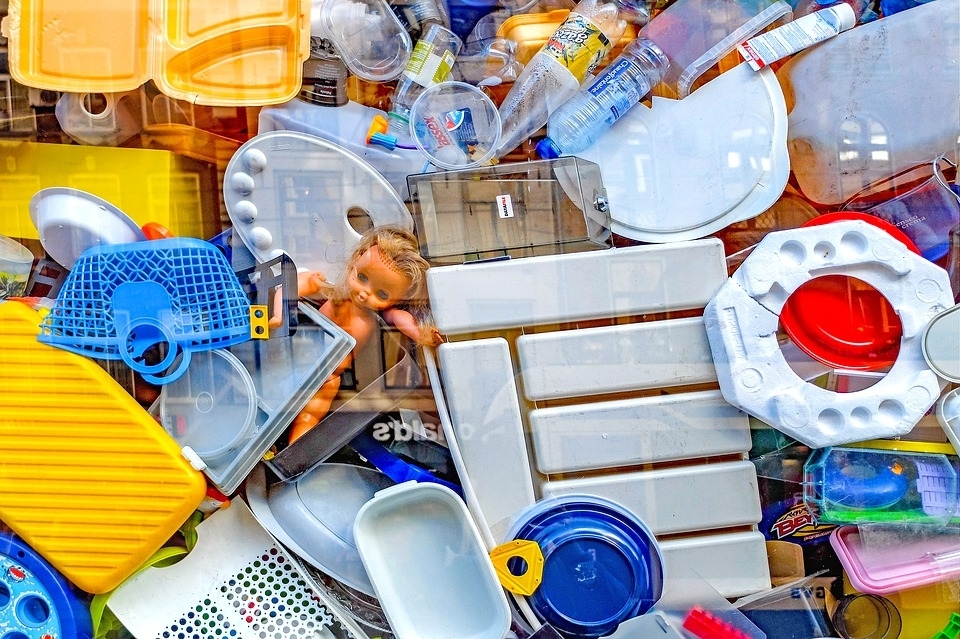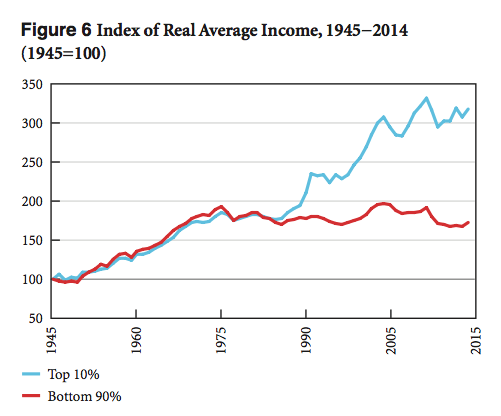
Waste Reduction Week in Canada: Top 10 Take-Action Tips
Waste Reduction Week in Canada starts on the third Monday of October every year. This year, it will be from October 16th to 22nd and will be oriented to provide information and tips to reduce waste in all facets of daily living. The idea is to create solutions to face many environmental challenges such as climate change, water pollution or preservation of natural resources.
This year, the Waste Reduction Week will be focused on themes such as Circular Economy and Kick-off, Textiles, Celebrating Champions and Innovator, Plastics, Food Waste, and Swap, Share and Repair.
The goal is to empower all Canadians to adopt more environmentally conscious choices as well as to celebrate the environmental efforts and achievements year by year. The Waste Reduction Week is an educational program focus not only on motivate learning and behavior change but also encourage new innovative ideas and solutions to take action and contribute to the environment.
 This initiative was born in the mid-1980s when some recycling councils and environmental organizations began holding provincial events. Thanks to Recycling Council of Ontario, the national Waste Reduction Week was formalized in 2001. Nowadays, such an organization along with a coalition of not-for-profit environmental groups and governments from each of the 13 provincial and territorial jurisdictions across Canada lead this important week.
This initiative was born in the mid-1980s when some recycling councils and environmental organizations began holding provincial events. Thanks to Recycling Council of Ontario, the national Waste Reduction Week was formalized in 2001. Nowadays, such an organization along with a coalition of not-for-profit environmental groups and governments from each of the 13 provincial and territorial jurisdictions across Canada lead this important week.
The Recycling Council of Ontario’s mission is to keep informed and educate all Canadian society about the avoidance of waste, efficient use of resources, and the benefits and consequences of these activities. This organization is also committed to reduce, reuse and recycle rubbish and waste in all Canada through public events and campaigns which also seek the efficient use of resources and transition the economy from a linear to a circular model where post-consumed materials are integrated back into use and production cycles.
According to this organization, “Canadians generate a lot of waste. On average, every Canadian will generate 720 kg (1,587 lbs.) of waste that goes to landfill, which is equal weight to a full grown female giraffe.”
In the spirit of Waste Reduction Week in Canada, the Recycling Council of Ontario wants to share ten easy take-action tips which will reduce the reliance on landfills while helping you adopt more environmentally conscious choices. Those tips are:
- Buy what you need, eat what you buy, compost the rest: a big refrigerator holds a lot of food, so think twice about how much you load into it. Studies indicate the amount food wasted for each Canadian is 183 kg / 404 lbs. yearly, which is equal to $1,456 being thrown out. Organic waste is also the biggest producer of methane in landfill, which contributes to climate change.
- Extend the life of clothing: vintage is the new cool! Give new life to used clothing and get your ‘one of a kind original’ by shopping trendy second-hand, thrift, or consignment stores. You can also make your old clothes new for someone else by donating items sitting untouched in your closet.
- Repair and refurbish: tears mended, zippers replaced, furniture repurposed, and light fixtures repaired. Not everyone has a home workshop, but maker spaces and tool cafes / libraries are popping up in communities across Canada. These options provide easy access to expertise and expensive tools to help you repair a wide range of items. You can also reduce waste and discover your creative spark!
- Access over ownership and the sharing economy: when you use Netflix or Spotify you access content without owning anything like CDs and DVDs, which makes you part of the sharing economy. Auto and bike sharing services and libraries maximize the amount of time something is in use and reduces the amount of material that requires managing once we’re done with it. These concepts are key to resource efficiency and waste reduction.
- Reuse coffee mugs and water bottles: every year Canadians use more than 5 billion single-use coffee mugs and water bottles. Keep a reusable drinking bottle or mug at work, in your bag, or in the car for easy access. Show your commitment by choosing an establishment that supports refill.
- Reusable bags: Canadians use 3 billion plastic bags every year. The amount of plastic produced from fossil fuels continues to grow, which clogs landfills and litters streets, shorelines, and parks. Using your own reusable bag is a simple change with significant impact. Tuck one in your purse or knapsack for easy access.
- Skip the straw: these small pieces of plastic have minimal usefulness and are virtually impossible to recycle. Ask bars and restaurants to not include a straw with your drink order. You can extend this by avoiding single-serve and over-packaged plastic cutlery, creamers, salt, pepper, sugar, and condiment packets.
- Purchase for the environment: include environmental considerations in your buying decisions and let businesses know it matters. Seek out products with recycled content, or products that can be easily recycled. Consider packaging that is reusable and not disposable. Value companies that offer take-back or repair services of the products you’ve bought from them.
- Avoid disposal: We’ve done our job if there’s nothing to throw away, which leaves one last thing to do.
- Inform, become aware and participate in the Waste Reduction Week across the country.
The Waste Reduction Week in Canada, as well as the Recycling Council of Ontario have valuable information and resources to help businesses, communities, schools, and individuals take action on waste reduction. They also can help everyone to learn more about innovative and economic ideas which are easy to put into practice and great value for the environment.









